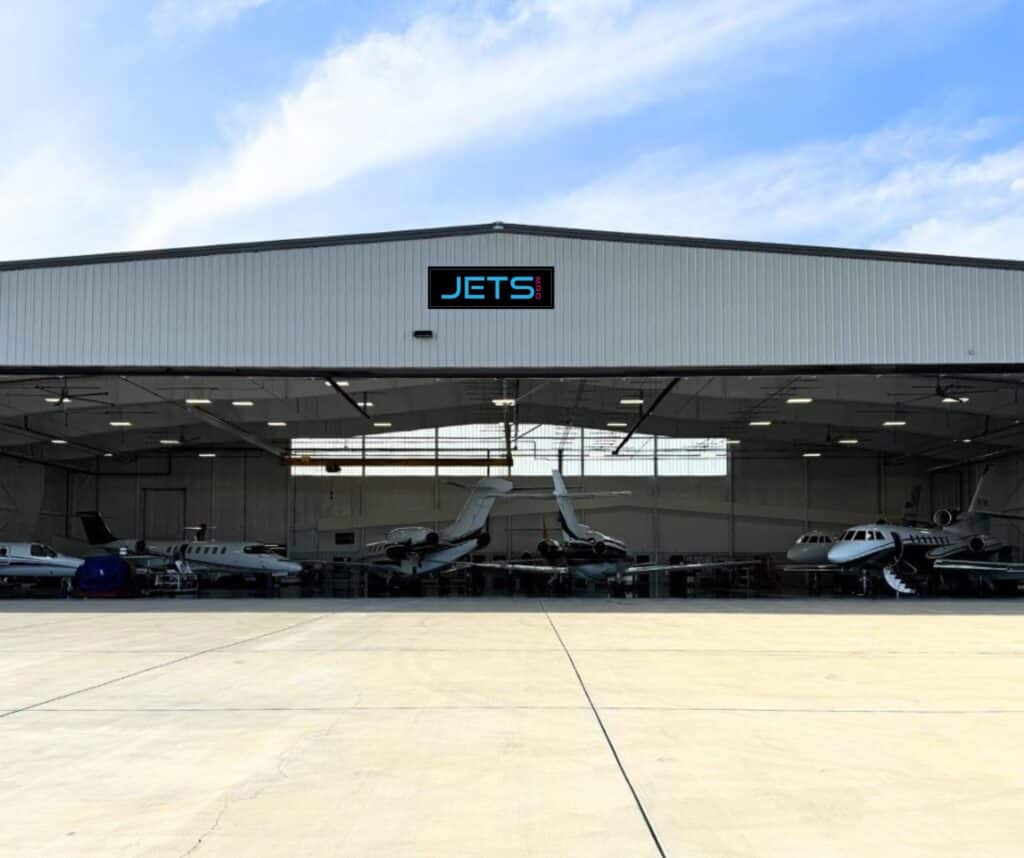How To Choose A Dallas MRO For Your Business Jet.

Why your Dallas MRO choice matters
Choosing the right MRO in Dallas determines how safe your jet is, how much downtime you face, and what you really pay over the life of the aircraft—not just on the next invoice. Well‑chosen MRO partners combine the right approvals, capabilities, and experience so you are not gambling with schedule, resale value, or dispatch reliability.
Start with certifications and approvals
Begin by confirming that any Dallas MRO you consider holds the right regulatory approvals for your aircraft and operation. For most business jets that means FAA Part 145 status, OEM approvals where applicable, and documented adherence to the maintenance documentation and standards for your make and model.
Ask specifically whether the facility is approved for the exact airframe, engine, and avionics platforms on your jet, and whether they can show recent audit results or compliance records. This protects you from findings at audit time and supports resale value because buyers and their technical reps look closely at where work was performed.
Look at capabilities, hangar, and staffing
Once certification is confirmed, dig into what the MRO can actually do in‑house in Dallas. Prioritize facilities that can handle major inspections, structures, avionics, interiors, and component work under one roof to reduce ferry flights, scheduling friction, and finger‑pointing between vendors.
Tour the hangar, shops, and support areas. A clean, organized, well‑lit environment with modern tooling and clear work staging is a strong signal of the quality culture you can expect, while experienced, type‑trained technicians on your specific aircraft family are more important than raw headcount.
Evaluate experience with your make and model
For a business jet, generic “MRO experience” is not enough—you want deep, recent experience on your exact type. Ask how many events they’ve completed in the last 12–24 months on your make and model, including C‑checks or their equivalent, landing‑gear overhauls, avionics upgrades, and major repairs.
Request references from other operators flying the same aircraft type who are willing to talk about their real‑world experience on cost control, squawk management, and turn times. Operators and technical reps consistently cite type‑specific experience and credible references as top decision criteria.
Consider location, access, and turnaround time
Within the Dallas–Fort Worth area, proximity to your base and key airports (ADS, DAL, FTW, etc.) directly affects how painless it is to get your jet into the shop. Favor MROs that offer easy access, on‑site AOG support, and the ability to coordinate transportation for crew and passengers during longer events.
Turnaround time is as important as hourly rates. Ask for realistic slot availability and standard durations for your next 1–2 planned events, and be wary of promises that seem far shorter than what your peers are seeing; that can be a sign of under‑quoting that leads to schedule slips later.
Compare work scopes, pricing, and transparency
Pricing should be evaluated on total value, not just the lowest quote. Ask each Dallas MRO for a detailed, line‑item work scope based on the same aircraft data and “to‑do” list so you can make an apples‑to‑apples comparison of labor, parts, exchange options, flat‑rate items, and likely discretionary findings.
Clarify what is included in any flat‑rate or package pricing and what falls outside, including NDT, structural repairs, and major component replacements, so you understand where change orders might appear and can avoid being trapped by low teaser rates followed by heavy add‑ons.
Check communication, project management, and culture
Strong communication is a consistent marker of good MRO performance. During your evaluation, ask how you’ll receive status updates, photos, squawk lists, and approvals—whether via a dedicated project manager, a customer portal, or scheduled calls—and ensure this fits the way your flight department works.
Observe how the team responds to detailed questions before you’ve signed a contract. Shops that are open about constraints, risks, and options up front are far more likely to manage surprises well during the actual maintenance event and to protect your interests when something unexpected is found.
Weigh long‑term partnership, not just the next check
Finally, choose a Dallas MRO as a long‑term partner, not a one‑off vendor. Look for a facility that can help you plan maintenance and upgrades across your whole ownership horizon, combine events to reduce downtime, and advise you honestly about when to repair vs. replace or when a pre‑buy finding is a true red flag.
When you align certifications, capabilities, type experience, location, turnaround, pricing transparency, and communication, you end up with an MRO that quietly keeps your business jet safe, compliant, and available—while making your budget and your next transaction much easier to defend.
